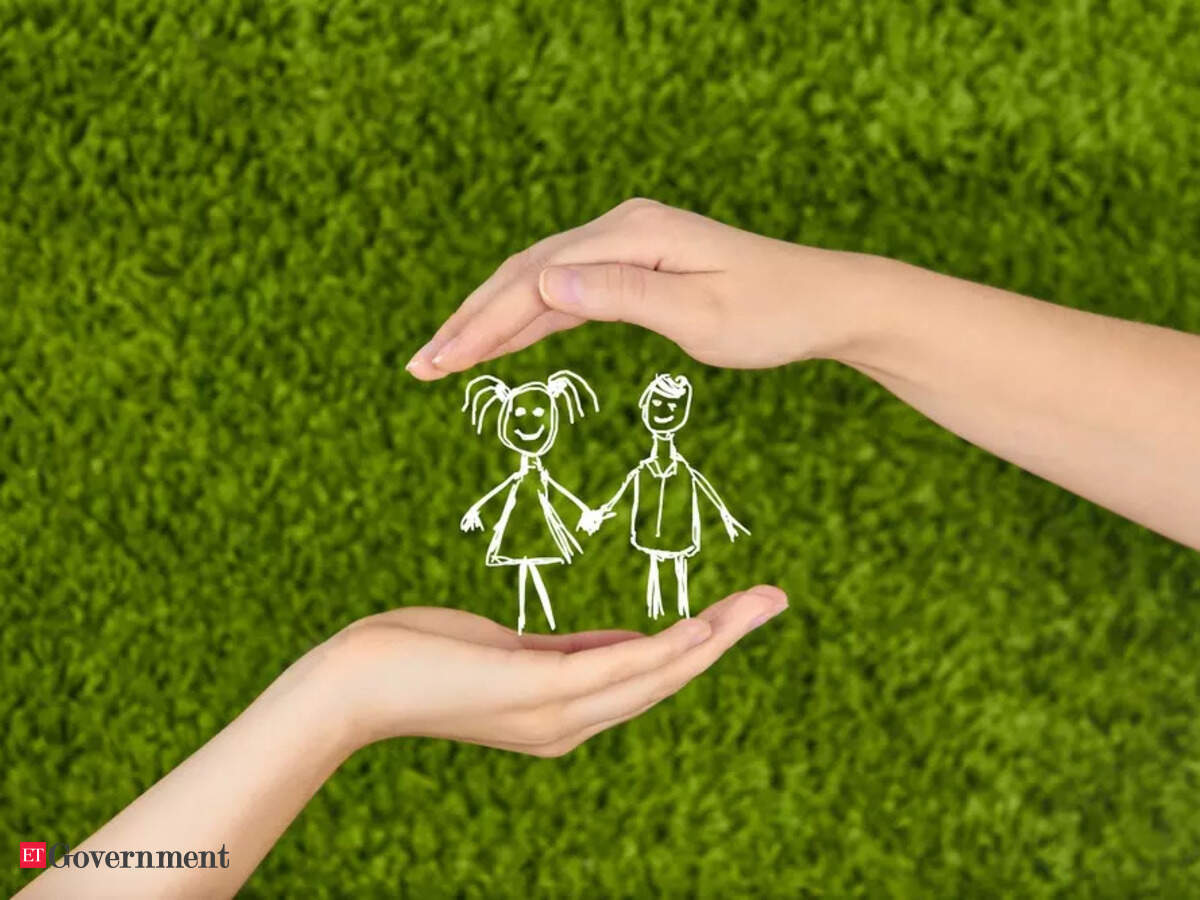National Commission for Protection of Child Rights (NCPCR) will be providing access to all SCPCRs on the ‘E-Baal Nidan’ portal (http://www.ebaalnidan.nic.in) for coordinated working, in view of the observations made by the Supreme Court.
The Commission, to fulfil its mandate and functions under Section 13 of the CPCR Act, 2005 had developed an online complaint mechanism in 2015. Through the portal, any individual or organisation can file a complaint relating to violation of child rights. This portal makes the process of redressal of complaints transparent for the complainant and helps in timely disposal of cases by the Commission
NCPCR will be providing user IDs and passwords to the state commissions to enable them to view the complaints registered on the portal to take necessary action.
Further, the portal will have an option of transferring the registered complaints from NCPCR to the concerned state commission. An option of joint inquiry will also be provided to the state commissions if they want involvement of NCPCR in complaint resolution.
The NCPCR has revamped this portal this year to include new features which would be beneficial for the complainants as well as the Commission while dealing with complaints.
Some of the new features include bifurcation of complaints based on the nature of the complaint into their subject matters like juvenile justice, POCSO, labour, education, etc, internal monitoring and transfer of complaints in the Commission, tracking of complaints at every stage in a more mechanised and time bound manner.
What is the role of NCPCR?
The National Commission for Protection of Child Rights (NCPCR) was set up in March 2007 under the Commission for Protection of Child Rights Act, 2005. It works under the aegis of the ministry of women and child development (WCD).
The Commission’s mandate is to ensure that all laws, policies, programmes and administrative mechanisms are in consonance with the child rights perspective as enshrined in the Constitution of India and also the UN Convention on the Rights of the Child.
The child is defined as a person under the age of 18.
The Commission visualises a rights-based perspective flowing into national policies and programmes, along with nuanced responses at the state, district and block levels, taking care of specificities and strengths of each region.
The Commission consists of:
- A chairperson who is a person of eminence and has done outstanding work for promoting the welfare of children.
- Six members, out of which at least two are women, are appointed by the central government.
Some of the functions of NCPCR:
- Examine and review the safeguards provided by or under any law for the time being in force for the protection of child rights and recommend measures for their effective implementation.
- Inquire into violation of child rights and recommend initiation of proceedings in such cases.
- Examine all factors that inhibit the enjoyment of rights of children affected by terrorism, communal violence, riots, natural disaster, domestic violence, HIV/AIDS, trafficking, maltreatment, torture and exploitation, pornography and prostitution and recommend appropriate remedial measures.
- Look into the matters relating to children in need of special care and protection including children in distress, marginalised and disadvantaged children, children in conflict with law, juveniles, children without family and children of prisoners and recommend appropriate remedial measures.
- Study treaties and other international instruments and undertake periodical review of existing policies, programmes and other activities on child rights and make recommendations for their effective implementation in the best interest of children.
- Undertake and promote research in the field of child rights.
- Spread child rights literacy among various sections of the society and promote awareness of the safeguards available for protection of these rights through publications, the media, seminars and other available means.
- Inquire into complaints and take suo motu notice of matters relating to:
1.Deprivation and violation of child rights.
2.Non-implementation of laws providing for protection and development of children. - Non-compliance of policy decisions, guidelines or instructions aimed at mitigating hardships to and ensuring welfare of the children and to provide relief to such children or take up the issues arising out of such matters with appropriate authorities.
